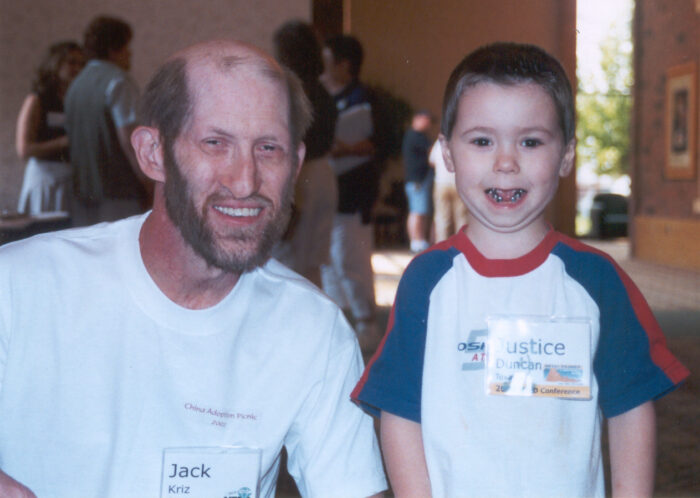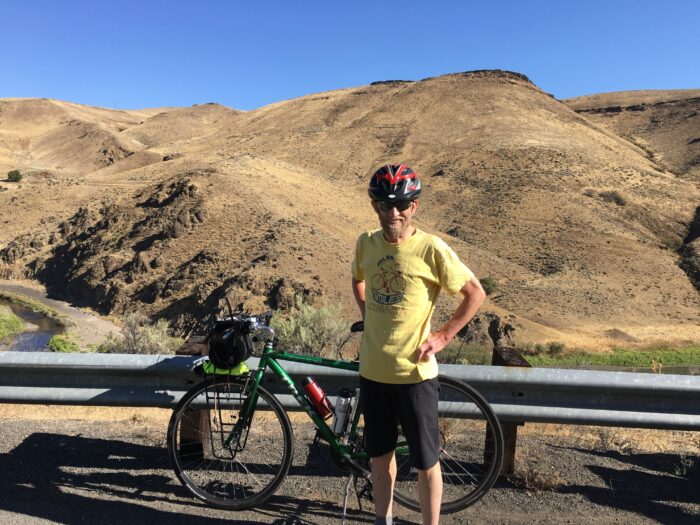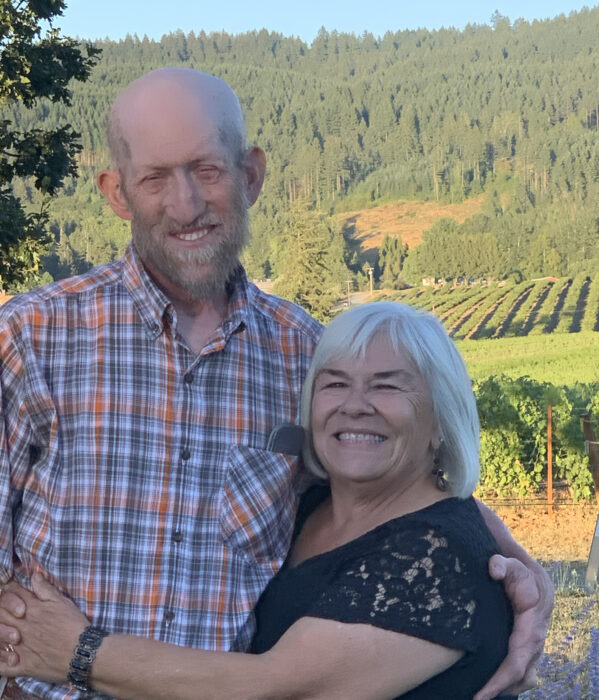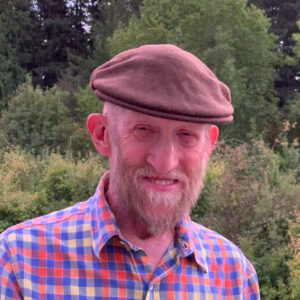This month, we feature Jack Kriz in our Volunteer Spotlight. The Oregonian is a Family Liaison, advocate and member of the Board of Directors. He’s worn many volunteer hats for the last two decades, and we could not be more grateful.
By Jack Kriz
Merriam-Webster defines the verb volunteer as “to offer or bestow voluntarily.” Merriam-Webster also defines the noun volunteer as “a person who voluntarily undertakes or expresses a willingness to undertake a service: such as…”
I am Jack Kriz, and I have ectrodactyly-ectodermal dysplasia-clefting (EEC) syndrome. Almost since my first day—in 2002 at my first National Foundation for Ectodermal Dysplasias (NFED) Family Conference in Salt Lake City, Utah at age 50—I have been defined by both of Merriam-Webster’s definitions. Why is this? Did I grow up in a particularly prolific volunteering family? Not really.

Back in the ‘50s, my mom was a Cub Scout Den Mother and Dad was volunteering as a reserve officer in the Army. Nothing really unique here given they had both lived through the Great Depression and World War II. What Mom and Dad instilled in me over the years, through their actions, was that if something needed to be done and somebody needed help, one steps in and helps out however one can. Emphasis on stepping in and however one can. Someone, of any age, can use their energy, time, skills, and knowledge to satisfy a need, further a cause, or enhance a happening.
Feeling I Belong
It was almost exactly 21 years ago, October 16, 2002, that I logged my first NFED volunteer activity. After attending the 2002 Family Conference, I sent my first letter to the fabulous Jodi at the NFED about my experience. She then asked if I could write a letter to assist with their fundraising efforts. In it, I rambled on about growing up in a large family on a large farm and how those experiences made me the person I was.
Now, I say “I was” because I was not whole until that day in Salt Lake City, when I met two others that had the same ectodermal dysplasia syndrome as me. While they were younger than me by, oh 45 years or so, we connected. That feeling is still with me these 21 years later.

This is why I volunteer for anything the NFED asks of me—that feeling of belonging, the incessant need to find solutions and cures for our syndromes, and the constant call for funds to support the entire NFED community. Speak in front of a large crowd with my knees shaking in fright? Done that!
Ride a bike to raise funds across the state of Missouri in the midst of summer’s heat and humidity? Yes, siree! And in five days, no less! Donate skin tissue for scientific research? Painlessly (OK, maybe a little ouch)! These and similar steps are like those that other NFED families and friends are doing almost every day, to help all of us in the NFED universe and to further the NFED’s mission.
You Should Try

President John F. Kennedy said, “Every person can make a difference, and every person should try.”
So this whole blog post has come to its climax. You too, can contribute through your own volunteer efforts. No bike ride or speeches required. You can volunteer to hand out registration packets at a Family Conference; volunteer to contact your Congress people to support the Ensuring Lasting Smiles Act (ELSA); Volunteer to drive a young person to dental treatment. Volunteer doing whatever you can using your passion, your time, and your talents!
I close with what, for me, is an especially strong message from a woman who, though deaf and blind through illness at a very young age, did not allow any limitation to her full potential. She, like each of us, did not do so on her own, but with the help of family, friends, and a brilliant teacher. She lived a full life. Please volunteer and help to make a lifelong impact on those in our ectodermal dysplasias community, and ultimately, to yourself as well. Thanks!
Explore Volunteer OpportunitiesAlone we can do so little; together, we can do so much.
– Helen Keller
